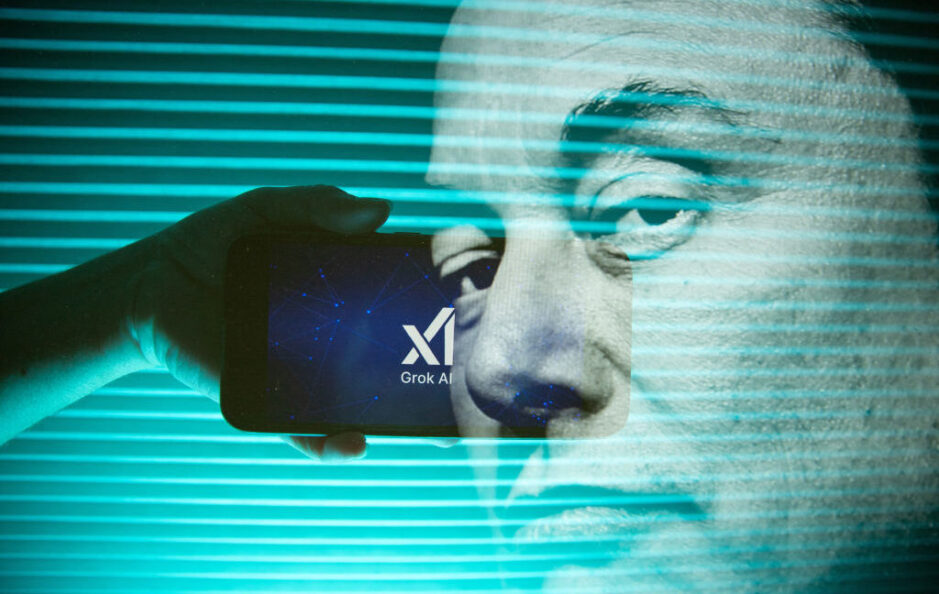Apple’s Legal Battle with xAI: An Overview
In a significant legal dispute, Apple has countered claims made by Elon Musk’s company, xAI, regarding alleged anti-competitive practices in the smartphone industry. The case revolves around Musk’s assertion that Apple’s dealings with OpenAI undermine competition by hindering the development of xAI’s potential “super app.” This article outlines Apple’s position, the core arguments from both sides, and the implications of this legal challenge.
Apple’s Position
Apple firmly asserts that xAI is neither a rival nor a significant player in the smartphone market, thus rejecting Musk’s theory that it seeks to undermine xAI to enhance OpenAI. In a recent legal submission, Apple emphasized the improbability of Musk’s vision for a “super app” that could make smartphones obsolete, suggesting that such technology, if it were to materialize, is at least a decade away. Apple contends that speculative developments should not serve as grounds to restrict its current business strategies, which focus on integrating advanced AI features to enhance customer experiences.
In its legal argument, Apple went on to criticize Musk’s grievance, suggesting it stems from frustration over Apple’s limited integration with various generative AI chatbots, stating that Musk’s claims rely on "a multi-step chain of speculation." Apple’s position hinges on the idea that restricting business practices based on future possibilities could stifle innovation and negatively impact consumers.
Musk’s Claims and the Legal Context
Musk’s accusations encapsulate a broader concern about how entrenched tech giants may leverage their considerable market power to quash competition. His argument suggests that by not integrating xAI’s Grok chatbot with Apple’s ecosystem, the company is impeding the ability of xAI to compete effectively in both the chatbot and smartphone markets. Musk’s claims hinge on a complex chain of if-then scenarios regarding consumer behavior, market dynamics, and technological evolution.
“If consumers prefer Grok over alternatives and Grok becomes dominant, then X’s app could become pivotal and ultimately lead to the development of super apps,” Musk argues. This sequence lays the groundwork for his assertion that Apple’s actions are anti-competitive.
Critique of Antitrust Claims
Apple’s legal team robustly defends its practices, stating that antitrust laws do not obligate companies to integrate competing technologies into their platforms. They referenced that adhering to this hypothetical scenario could hamper not only innovation but also lead to higher costs and reduced quality in the marketplace. Apple maintained that ensuring consumer protection against anti-competitive practices is vital, but it must be grounded in current market realities rather than speculative future scenarios.
Furthermore, Apple highlighted the potential difficulties Musk would encounter in integrating Grok into his platform due to the substantial investments and resources required for such an endeavor. The acknowledgment of these challenges illustrates that despite Musk’s claims about the super app concept, practical realities present significant hurdles.
Implications for the Tech Industry
The outcome of this legal battle could have lasting implications for the technology sector. It raises critical questions about the nature of competition in rapidly evolving markets and how companies integrate or choose to compartmentalize emerging technologies. Should Musk’s claims be validated, it could set a precedent that would reshape how established companies interact with their competitors, potentially compelling them to prioritize integration over innovation.
Conversely, if Apple prevails, it may solidify the boundaries regarding how antitrust laws are interpreted in the context of emerging technologies and hypothetical market scenarios. The idea of “super apps,” while aspirational, may face skepticism from regulators and other stakeholders until more concrete competitive dynamics unfold in the market.
Conclusion: Significance and Future Outlook
The legal confrontation between Apple and xAI encapsulates a broader narrative about innovation versus regulation in the tech landscape. As technology continues to advance at a rapid pace, the challenge will remain for legal frameworks to adapt accordingly. This case will not only influence the two companies involved but could also set important legal precedents for the industry at large.
The implications of this dispute underscore the complexities that arise when pioneering technologies intersect with existing legal frameworks, highlighting the need for ongoing dialogue among stakeholders to foster a competitive yet innovative market environment. As developments unfold, the tech community and consumers will be keenly watching to see how these foundational questions resolve in the rapidly evolving digital ecosystem.









